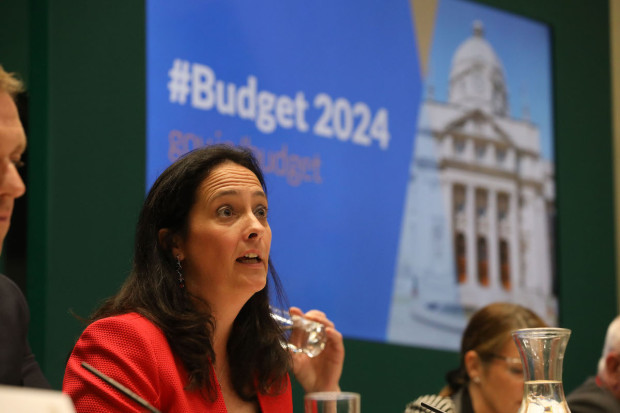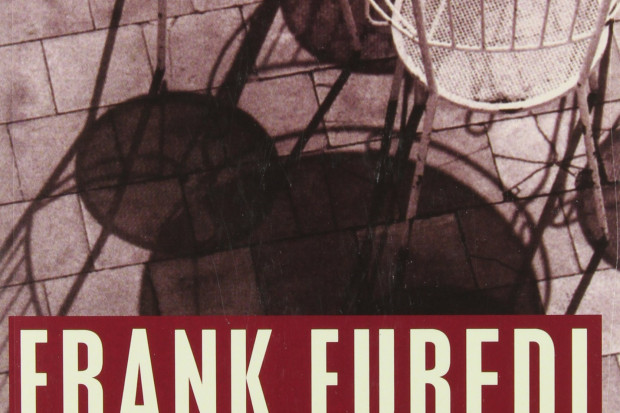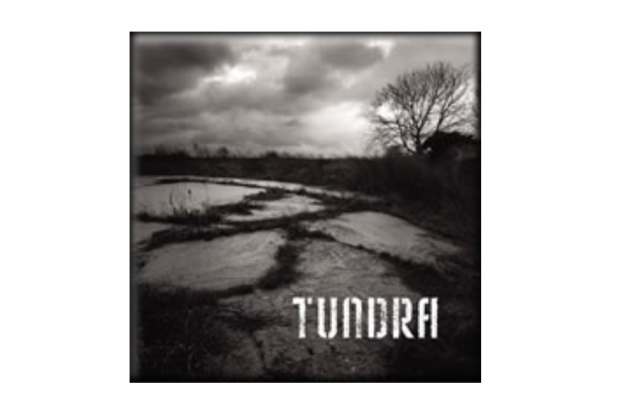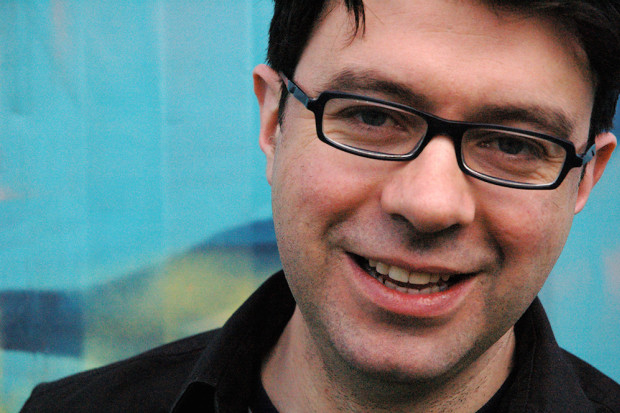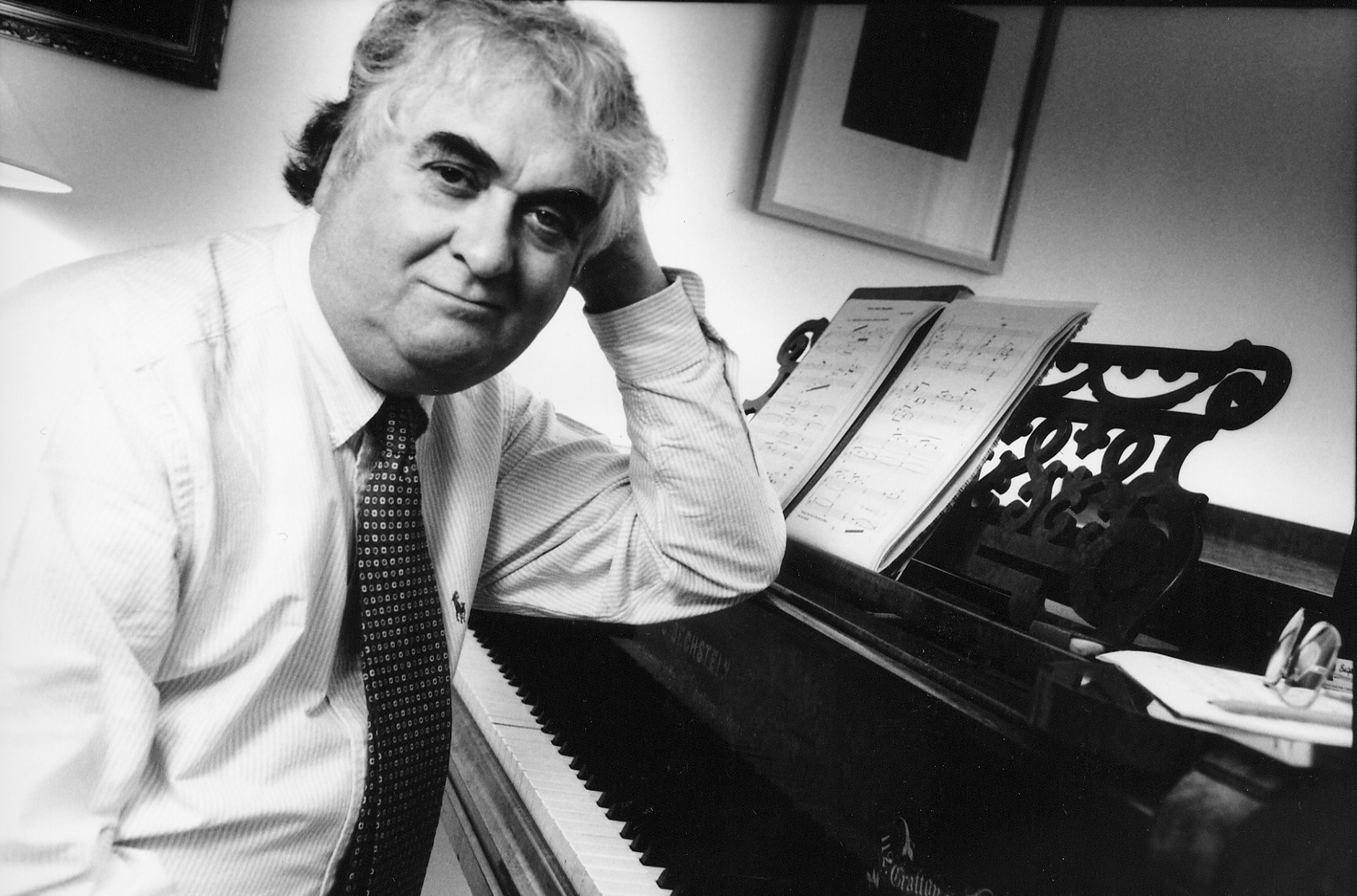
Seóirse Bodley (Photo: Contemporary Music Centre)
'His unique legacy will endure for generations to come': RIP Seóirse Bodley
The Irish composer Seóirse Bodley has died in Dublin aged 90. A significant figure in Irish music since the 1950s, Bodley was not just a composer but also a teacher, arranger, accompanist, adjudicator, broadcaster and conductor.
Among the works for which he is best known are his orchestral composition A Small White Cloud Drifts Over Ireland, composed in 1975 and which combines elements of traditional music and modernism; Music for Strings (Ceol do Théada) from 1952, written when he was 19 and which is still performed; breakthrough works such as the serial-influenced Configurations (1967); the sean-nós influenced piano work The Narrow Road to the Deep North (1972); and his songs, which form a considerable part of his oeuvre.
Bodley reached his 90th year in April and was celebrated in a concert of his songs by Sylvia O’Brien and Isabelle O’Connell at the Hugh Lane Gallery, and two concerts at the New Music Dublin festival at the National Concert Hall, which he attended. His connection with the venue stretches back to its beginnings. In 1981, his Symphony No. 3: Ceol, was performed at the official opening of the Hall. Commenting on the composer’s passing, Robert Read, Chief Executive of the NCH, said:
We were honoured to work closely with Seóirse and he will forever be embedded in our history. As a composer, he was fearless in exploring new musical frontiers and pioneering in combining the traditional with the avant-garde, with extraordinary dexterity. He leaves an indelible impact on Irish music and his work will forever echo through the ages.
Early years
Born in Dublin in 1933, Bodley studied piano at the Royal Irish Academy of Music and took private composition lessons as a teenager with the German conductor Hans Waldemar Rosen who had recently moved to Ireland and often refused payment from the young composer. Bodley regularly attended the Radio Éireann Symphony Orchestra free concerts in the Phoenix Hall in Dublin, which attracted a number of international conductors, and, in 1952, he began a music degree at University College Dublin, where he studied with John Larchet. Bodley’s school education was in part through the Irish language and in the same year as beginning university he adopted the Irish version of his birth name George and changed it to Seóirse.
In 1957, with financial support from the National University of Ireland and the Arts Council, he moved to Stuttgart to study with Johann Nepomuk David, professor of composition at the Staatliche Hochschule für Musik. During these years, he composed his first symphony, and also contributed to Radio Éireann’s influential series Composers at Work, the youngest of seventeen Irish composers to do so. In 1959, Bodley was offered a lectureship at University College Dublin, an institution he continued to teach in as Associate Professor of Music until 1998.
Groundbreaking work
In 1962, Bodley was awarded the Arts Council’s Macauley Fellowship and this allowed him to attend the famous new music summer school in Darmstadt, Germany, for three consecutive summers in the early 60s. The orchestral work Configurations was inspired by this period, a piece that composer Benjamin Dwyer later described in his book Different Voices as ‘a groundbreaking work in terms of avant-garde aesthetics in Irish classical music.’ Another significant orchestral work, Meditations on Lines from Patrick Kavanagh, was written three years later.
In 1971, Bodley was one of the founders of the Folk Music Society of Ireland and was its first chair. His study of sean-nós singing was published in the Society’s journal.
The composer wrote five symphonies, two of which came in 1980, Symphony No. 2: I Have Loved the Lands of Ireland, which he described as ‘a post-modern Irish symphony’, and the aforementioned Symphony No. 3: Ceol. His fifth, The Limerick Symphony (1991), as Adrian Scahill of Maynooth University wrote earlier this year, ’continued this exploration of Irish identity through symphonic means, although the references to traditional music are much less prominent’
Dwyer observed in Different Voices that Bodley’s compositional approach tended to undergo stylistic shifts every decade or so. In the 1990s the artist had begun to engage again with the musical techniques that he had developed in the 1960s but in a new way, what Dwyer describes as ‘renovated modernism’, shedding Irish materials. The 50-minute piano work News from Donabate, ‘one of the most substantial pieces in the Irish piano repertoire’ (Dwyer), dates from this period.
In recent years, Bodley had work premiered by the Fidelio Trio, Dancing in Daylight, and had a number of works performed in the 2016 Composing the Island festival at the NCH.
Influence
Bodley’s influence as an artist is wide-ranging. His ‘individual search for his own musical language and his quest for a collective national musical identity’, as Gareth Cox describes it in his 2010 biography of the composer, has opened up avenues of creative endeavour for subsequent generations. As Scahill commented in his profile ’Seóirse Bodley at 90’, ‘From the perspective of the present, where the boundaries of genre have become more eroded, and where different musical traditions are regularly brought together (both by composers notionally situated within the contemporary music world and by traditional composers and musicians), we might begin to recognise Bodley as a crucial figure in laying the groundwork for this activity.’
Bodley was a founding member of Aosdána in 1981 and in 2008 was conferred with the honour of Saoi. He was also conferred with an honorary doctorate by the National University of Ireland in October of this year.
Commenting on the composer’s death, President Michael D. Higgins said:
The contribution of Seóirse to music composition was of immense significance and as a teacher he will be greatly missed. I have no doubt whatsoever that his unique legacy will endure for generations to come.
Seóirse Bodley is survived by his wife Lorraine, stepdaughter Bláthnaid, children Blánaid, Evelyn, Rónán, Ruairí and Deirdre, and extended family. The funeral will take place on Saturday 25 November at 10.30am in St Mary’s Pro Cathedral, Dublin 1.
Published on 20 November 2023












